A good caravan can be an investment that provides wonderful holidays for years. Whether it’s a static caravan or holiday home, giving guaranteed accommodation in a favourite spot; or a touring van, which guarantees accommodation no matter where you go: a caravan offers unrivalled opportunities for holidaying in the UK. It makes sense, then, to protect that investment with caravan insurance.
Insurance for caravans is as important as insurance for cars or houses. Without it, anything that goes wrong (and caravans are temperamental little beasts, prey to almost as many maladies as the human body) is either going to cost a fortune or require a new van. With it, the hundred cracks and strains that appear in any van, over the course of the years, are no more than minor irritations.
The thing about caravans is this: there’s so much potential for something to go wrong with them. Touring vans need to be hitched to a vehicle in order to go anywhere, which sets up opportunities for damaging van and car. Caravan insurance protects against accidental damage incurred either to the towing vehicle or the van itself when the two are being joined. Then there’s the road trip itself – we’ve all seen caravans flapping worryingly in cross winds, or wobbling behind an accelerating vehicle. Insurance for caravans takes the worry out of transit: if something happens, the insurance policy ought to cover the owner of the van – and of course pay costs if that van comes loose and hits someone else’s car.
Static vans have a whole different set of problems. A static caravan is basically a house – a holiday home, planted somewhere permanent. By its nature, a holiday home is only occupied for a small fraction of the year: which means it spends the rest of the year empty and vulnerable. Caravan insurance, as applied to statics, works like a home insurance policy – protecting owners from break in, theft and normal weather damage. Anyone who’s owned or lived in a static can tell a thousand stories about the damage a little rain can cause, particularly when the van is only lived in infrequently. Sitting water is a caravan’s worst enemy – with statics, also the most likely thing to go wrong. Insurance for caravans should protect against water damage, sustained over the periods of time when the van sits empty.
Each type of van carries its own specific risks – transit and setup damage, for tourers; break in and weather damage, for statics. Either one is also, of course, susceptible to the things most likely to go wrong with the other. Insurance for caravans protects touring vans from weather damage, break in and all the other problems associated with a “home”; and caravan insurance provides a buffer against transit damage for statics, which, if they do get damaged on their way to their new home, can cause catastrophic difficulties.
Put simply, not insuring caravans – like not insuring cars or houses – is a mug’s game. There will always be risks involved in owning something so big and so fragile. For a small premium, those risks can be offset for good.
About the author
NACO is one of the leading reliable caravan providers in UK offering insurance for caravans along with other excellent services. For caravan insurance, our customers rely on us since the beginning.



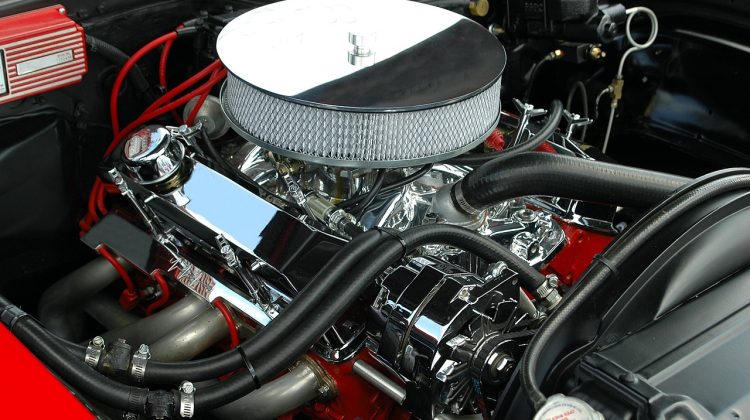
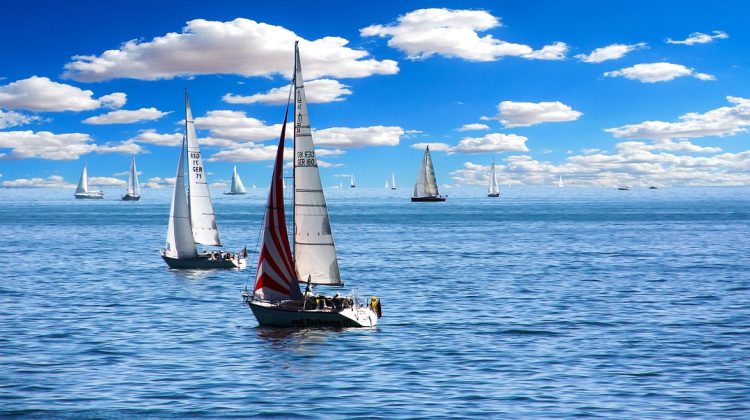
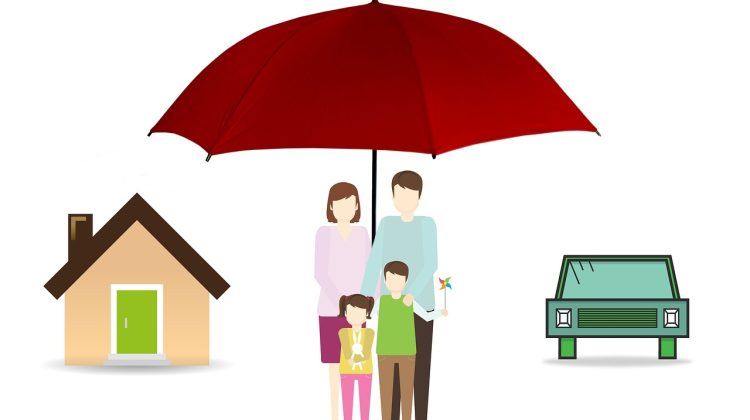

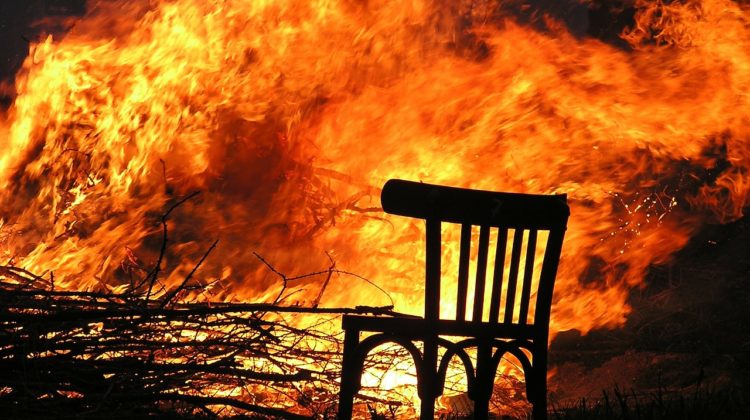

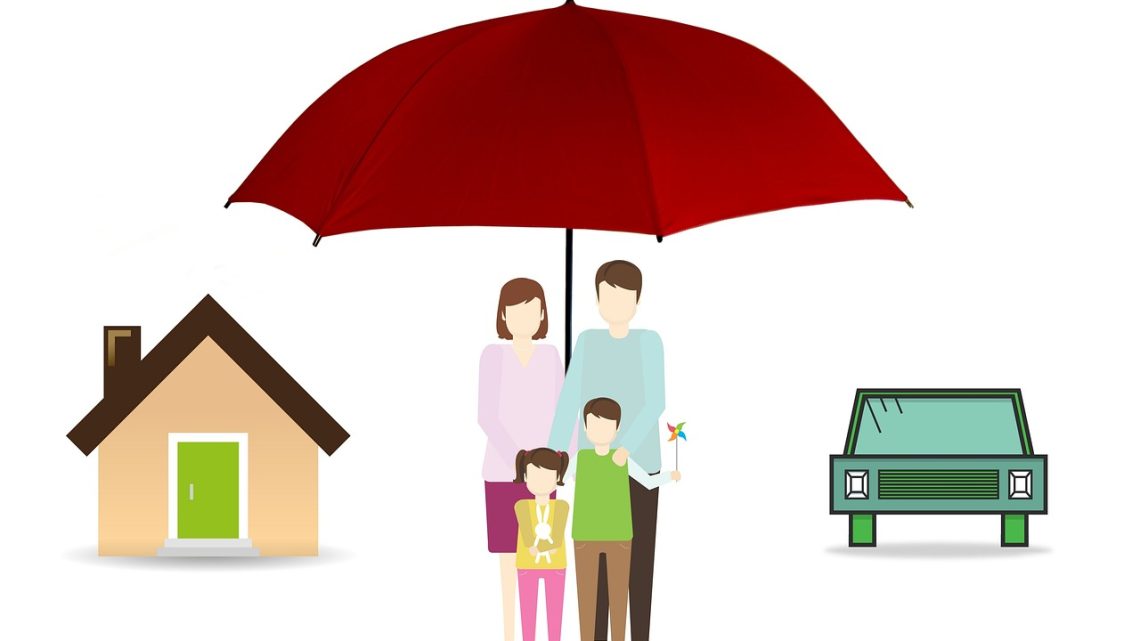
No Comment